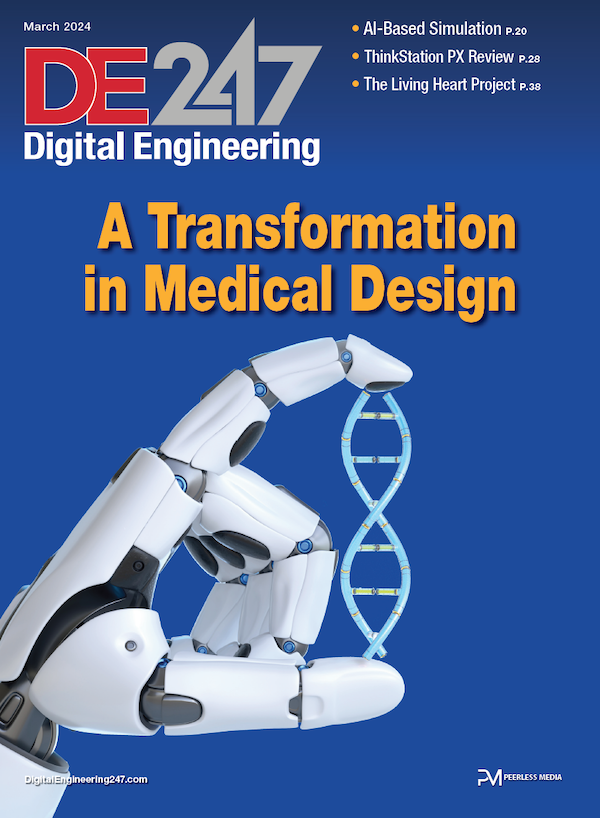Half of Women Among Engineering Schools’ Faculty Experience Sexual Harassment, Report Finds
Nearly half of all engineering students also experience sexual harassment from faculty/staff. National report released at Society of Women Engineers Conference.
October 22, 2018
Half of women faculty and staff in academia experience sexual harassment and almost half of all engineering students experience sexual harassment from faculty or staff, according to a report covered at WE18 in Minneapolis, the Society of Women Engineers conference and career fair for women in engineering and technology.
The National Academies of Sciences, Engineering and Medicine produced the report, “Sexual Harassment of Women: Climate, Culture and Consequences in Academic Sciences, Engineering and Medicine” this year, reviewing research on the extent to which women in these fields experience sexual harassment and the extent to which sexual harassment in academia negatively impacts the recruitment, retention and advancement of women pursuing these fields. Alice M. Agogino, Ph.D., professor of mechanical engineering at University of California, Berkeley, shared the findings among a panel of researchers at The State of Women in Engineering session during the conference.
The data reveals that 50% of women faculty and staff in academia experience sexual harassment. Additionally, 20% to 50% of students pursuing these fields experience sexual harassment from faculty or staff. Data analyzed included instances of reported sexist hostility, crude behavior, sexual attention and sexual coercion.
The data review also found that women of color experience more harassment (sexual, racial/ethnic or a combination of the two) than white women, white men and men of color.
“Leaders in academic institutions and research and training sites must pay increased attention to and enact policies that cover gender and racial harassment as a means of addressing the most common form of sexual harassment and of preventing other types of sexually harassing behavior,” says Dr. Agogino.
Dr. Agogino points out that organizational climate is, by far, the greatest predictor of the occurrence of sexual harassment. The two characteristics most associated with higher rates of sexual harassment are male-dominated gender ratios and leadership, and an organizational climate that communicates tolerance of sexual harassment.
Aside from undermining women’s professional and educational attainment while destroying mental and physical health, sexual harassment has adverse effects on bystanders, co-workers, workgroups and entire organizations.
“The cumulative effect of sexual harassment is significant damage to research integrity and a costly loss of talent in academic sciences, engineering and medicine,” Dr. Agogino says.
Agogino provided four recommendations for institutions to prevent harassment:
- integrate values of diversity, inclusion and respect into the policies and procedures;
- change the power dynamics in advisor-trainee relationships;
- support targets of sexual harassment by providing alternative ways to access support services, record information about an incident, and report an incident without fear of retaliation; and
- improve transparency and accountability to demonstrate that institutions are investigating and holding people accountable.
During the panel presentation and discussion, Roberta Rincon, Ph.D., senior manager of research at SWE, introduced SWE’s newest study, which identifies the gender bias experiences of Indian women and men working for Western engineering companies in India. Findings from the study reveal that both genders experience bias, however, in different forms. The study was conducted in conjunction with the Center for WorkLife Law at the University of California, Hastings College of the Law (WLL), and dovetails a 2015 study of bias experiences of engineers across the United States.
“The findings in this study indicate that bias in the engineering workplace is a problem in India, and companies that strive for a more diverse, inclusive, and engaging environment for their employees must address these biases if they want to retain talent,” Dr. Rincon says.
Dr. Agogino and Dr. Rincon were joined at the session by Peggy Layne, P.E., Assistant Provost for Faculty Development at Virginia Tech; Peter Meiksins, vice provost for Academic Programs and Professor of Sociology, Cleveland State University; and Laura Ettinger, Ph.D., associate professor of History, Clarkson University, who each covered further reviews of women’s prevalence in engineering. Currently, just 13% of working engineers are women, and approximately 20% of engineering degrees are awarded to women.
“As a diversity organization, we have a responsibility to acknowledge and address research available that affects women and minorities in engineering,” says Karen Horting, executive director and CEO of SWE. “Gender bias on campus and in the workplace is a global issue, and we will continue to find solutions that allow women and minorities to comfortably have their deserved seat at the table.”
About SWE
The Society of Women Engineers (SWE), founded in 1950, is an advocate and catalyst for change for women in engineering and technology. The not-for-profit educational and service organization aims to establish engineering as a highly desirable career aspiration for women. The Society offers opportunities to network, provides professional development, shapes public policy and provides recognition for thecontributions and achievements of women engineers. SWE empowers women to succeed and advance in their personal and professional lives.
For More Info
Subscribe to our FREE magazine, FREE email newsletters or both!
About the Author
DE’s editors contribute news and new product announcements to Digital Engineering.
Press releases may be sent to them via [email protected].






